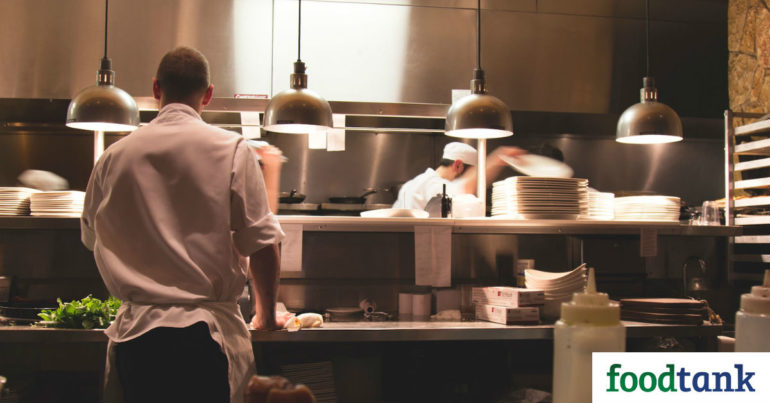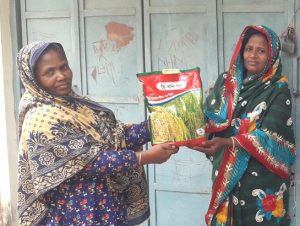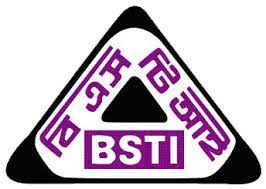Danielle Nierenberg
Efforts to raise awareness about—and create solutions to—food loss and food waste continue to expand throughout the globe. And some of the most creative and impactful solutions are happening in the Middle East.

Through a nationwide Food Waste Pledge, the United Arab Emirates recovered nearly 2 million meals last year and hopes to recover 3 million more by the end of 2020. To accomplish this goal, the UAE Ministry of Climate Change and Environment is working with an innovative company, Winnow Solutions, to both increase awareness of the issues and redesign wasteful kitchen practices. Winnow’s waste-tracking technologies help kitchens across the hospitality industry improve their accuracy, save time, and eliminate human error that causes food waste. By weighing and recording trimmings, Winnow’s technology aims to reduce up to 75 percent of food waste and save the hospitality industry nearly Dh10 million (US$2.72 million) per year.
The UAE is also supporting the FoodTech Challenge, a US$1 million prize for solutions that address food production challenges. The competition encourages students and early-stage startups to submit their visions for scalable and viable urban agriculture plans that can support the country, which imports 90 percent of its food. The Challenge is open to innovators worldwide, but applications close February 13!
Contributing Author: Katherine Walla
Through a nationwide Food Waste Pledge, the United Arab Emirates recovered nearly 2 million meals in 2019—and plans to recover 3 million meals in 2020.
An initiative of UAE’s Ministry of Climate Change and Environment (MOCCAE), the pledge calls on the hospitality sector to adopt waste-saving and efficient food production practices. According to the Barilla Center for Food & Nutrition’s Food Sustainability Index, the UAE ranked 22 out of 25 Gulf Region countries for food waste, with each citizen contributing 197 kilograms (434 pounds) of food waste each year. In the UAE, the hospitality sector is credited with over 32 percent of all food waste.
The pledge employs technologies and systems from Winnow—a United Kingdom-based company that develops technology for foodservice institutions and hotels to cut food waste and reduce costs. Winnow’s waste monitors track food waste with weighing meter technology, and then they analyze data to show kitchen staff the value of what they’re throwing away. And Winnow’s recently-launched “Winnow Vision” uses artificial intelligence to detect wasted food items with a visual assessment, meaning that after initial training, staff can use the technology without manual data entry.
“Employing artificial intelligence as a powerful tool to manage and eliminate food waste adds significant momentum to our efforts and makes our task that much easier and more seamless. Efficient collaboration between hospitality and tech companies will inform food waste management decisions and deliver substantial benefits,” says His Excellency Dr. Thani Bin Ahmed Al Zeyoudi, Minister of Climate Change and Environment.
While food waste costs the UAE over Dh13 billion (US$3.5 billion) per year, “Winnow Vision” may save the UAE hospitality industry nearly Dh10million (2.72 million) per year. Restaurants and hotels have reported up to 75 percent food waste reduction and one has saved nearly US$140,000.
Since the pledge’s launch in 2018, award-winning and luxury hotels have signed on including Armani Hotel Dubai, Fairmont The Palm, Hilton Dubai Jumeirah, Rotana Hotel, and Shangri-la Hotel: Abu Dhabi. Hotels and restaurants joining the Food Waste Pledge receive the technology and earn certification for each kitchen, including an official count of their meals saved.
“The hospitality sector in the UAE is leading the charge in the global fight against food waste. We are incredibly proud of the fantastic results chefs partnering with Winnow have achieved,” says Marc Zornes, Winnow’s co-founder and CEO. “These pioneers have proved that it is possible to do the right thing for both business and the planet. However, we are really just getting started, and we look forward to scaling our impact with our partners as we work towards an ambitious target.”
The Food Waste Pledge is part of the UAE’s contributions to the United Nations’ mission to cut food waste by 50 percent by 2030, inspired by the Sustainable Development Goals (SDG). The UAE is also partnering with Winnow to release Cooking With Everything, a cookbook that helps chefs use their leftover food items and trimmings—especially those rejected during buffets and celebrations.
The UAE government also launched the FoodTech Challenge, a US$1 million prize for solutions that address food production challenges—in a country that imports 90 percent of its food. The competition encourages university students and early-stage startups changing the field of urban agriculture to submit pitches about their scalable and viable business ideas. Applications for the FoodTech Challenge will be open until February 13, 2020.
“The UAE Government is following a comprehensive plan to enhance food security, in line with the directives of H.H. the Vice President to pursue sustainable development,” says Her Excellency Mariam bint Mohammed Saeed Hareb Almheiri, Minister of State for Food Security of the UAE. “The FoodTech Challenge works towards this goal by attracting bright minds and encouraging innovators to take part in shaping the future of sustainable food systems to support the objectives of the National Food Security Strategy.”
(Danielle Nierenberg is President of Food Tank and an expert on sustainable agriculture and food issues. She has written extensively on gender and population, the spread of factory farming in the developing world and innovations in sustainable agriculture.)




